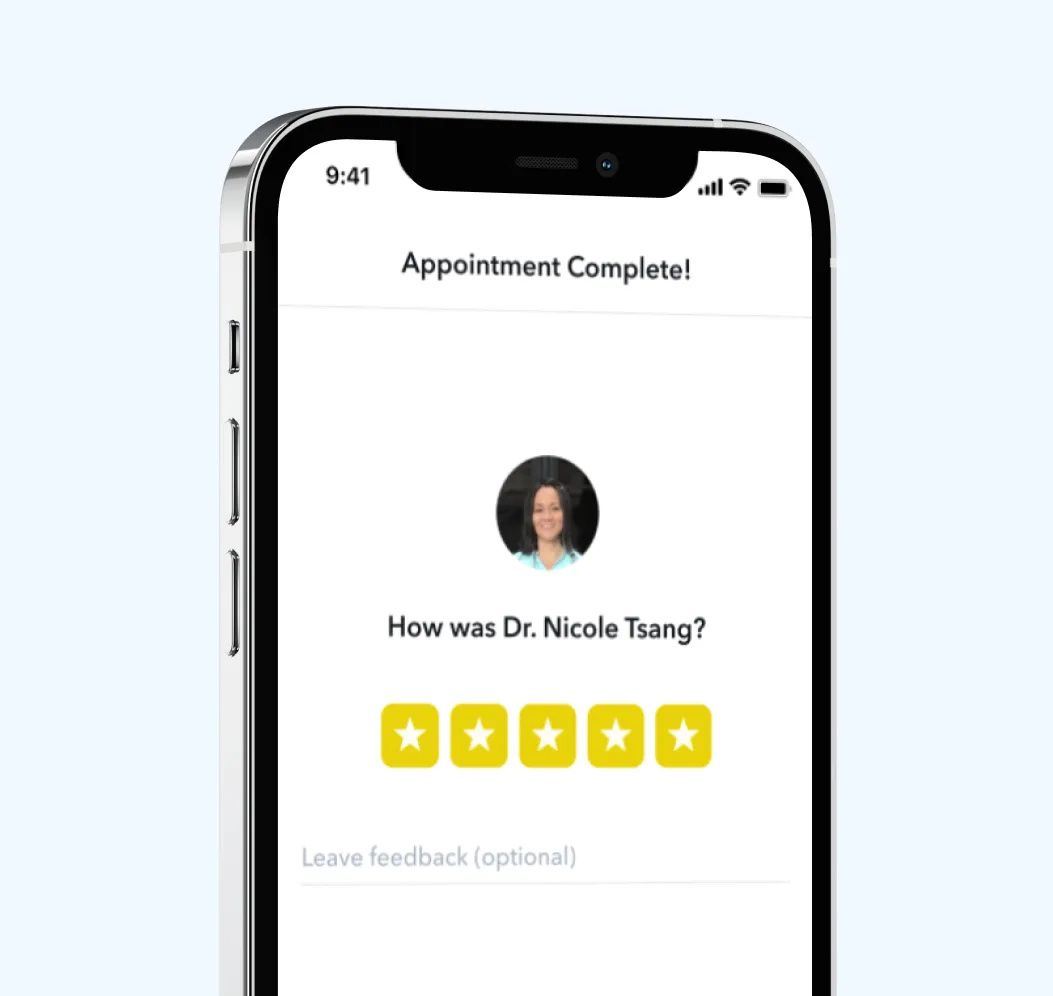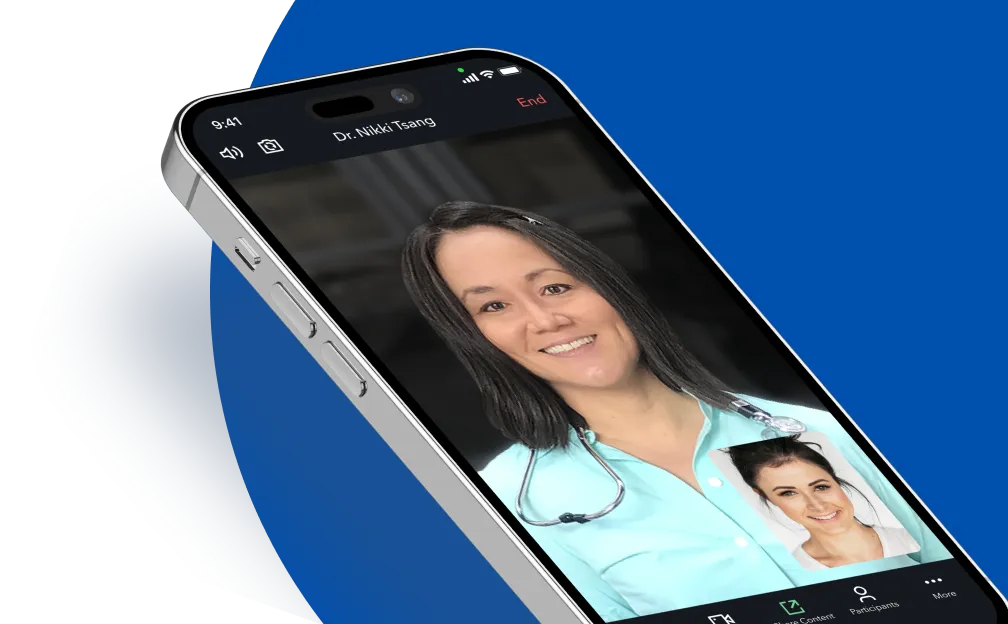
Meet with an Online Weight Loss Doctor Today
Read more about Weight Loss treatment
-
100% Board-Certified Providers
-
Most insurance accepted
-
No membership or hidden fees
-
A non-judgemental, safe space
-
Without Insurance: $120 per appointment
-
With Insurance: ~$35 per appointment †
Same-day Availabilities
We are in network with most PPO plans, including, but not limited to:
Many more!
Weight Loss with Circle Medical
Did you know? Working with a Primary Care Provider is one of the most effective ways to address weight management.
That's because a Primary Care Provider can take into account your full health picture and treat the whole you.
Go beyond simplistic solutions that might temporarily help you drop a few pounds, and find a plan that improves your overall health for the long-term so the weight stays off, and you stay healthy.
There is a lot of misleading or just plain false information on social media and elsewhere around weight loss. Circle Medical providers can not only help you sift through and separate the myths from reality, but will do so in an empathetic, kind, and caring manner, creating a safe space where you don't have to fear the stigma of weight issues.
Here's how it works:
Appointment
In your initial appointment, your Circle Medical provider will do a thorough overview of your medical history, review your current medications to see if they are potentially causing weight gain, as well as order blood work to confirm or rule out any medical conditions or health conditions that may be preventing you from achieving your weight goals.
Plan
During the second appointment, your provider will work with you to create a customized weight management plan which may include non-medication or medication based treatment options such as FDA-approved medications like semaglutide, if determined to be medically appropriate.
Treatment
After you start your treatment plan, you will have regular video check-ins with your provider to ensure the plan is working to help you achieve your weight loss goals, and that your overall health continues to improve. Speak to a provider today to get started!
"I love the app, the doctor has been a great deal of help to me! And the convenience is wonderful as well. I honestly can't ask for better help — I'm really on a path to getting better and stronger, so thank you."
- Patricia S.

"Very convenient, my provider is absolutely amazing. He takes the time to understand me and my long term goals. I am very nervous when it comes to medication and he has been so informative and patient."
- Danika K.
Quotes are from real Circle Medical patients. Quotes may have been edited for length and clarity. Names have been changed to protect patient identity. Images do not depict Circle Medical patients and are for illustration purposes only.
† Typical costs are based on real patient data from 2022, where 75% of patients paid $35 or less as their co-pay with accepted insurance. Actual co-pay costs will depend on your individual insurance plan and deductibles. We strongly receommend that you contact your insurance company to verify your co-pay costs.
Frequently Asked Questions
Weight Loss and Weight Management Treatment
Billing and Insurance
Other
Clinically appropriate treatment, tailored on a case-by-case basis.
We put patients first in every decision we make, and follow clinical guidelines based on evidence-based medicine to ensure patients get the most effective care possible.
Circle Medical Providers must meet all of the following standards:
-
Exceptionally qualified in their field
-
Board-certified
-
Deeply empathetic for patients
-
Follows evidence-based care guidelines
-
Embracing of diverse patient backgrounds
-
Impeccable record of previous care
400+ Primary Care Providers.
100% Confidence.
No matter which Provider you choose, you will be seen by a clinician who cares deeply about your health and wants to help you live your happiest, healthiest life.
Circle Medical Providers are held to an exceptionally high standard of compassionate, evidence-based care.
Book AppointmentPrimary Care with Circle Medical
Get StartedSame-day availability
Video visits
In person visits
Manage care via app
Time required
Check-ups
Prescriptions available, when appropriate
In app appt. summaries
20-30
min.
Doctor's
office
Hours
Don't take our word for it.
We are trusted by over 50,000 patients every month. Here's what they have to say.



